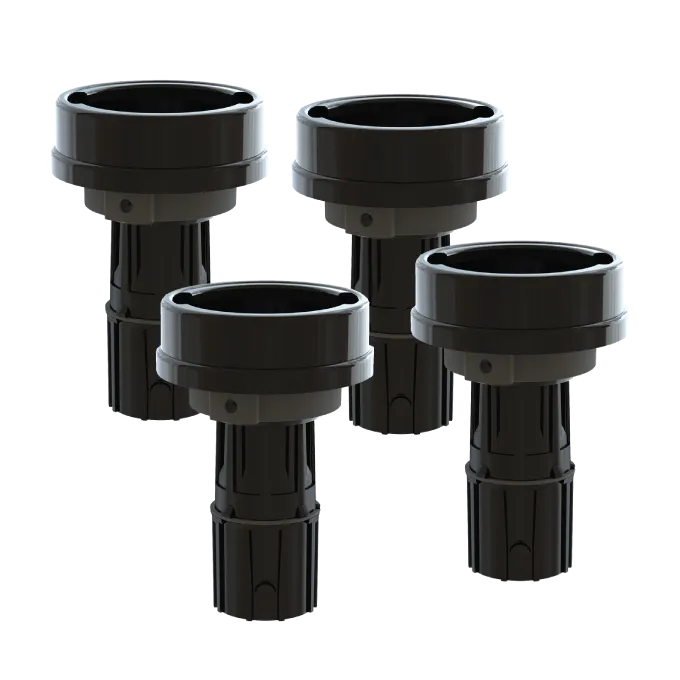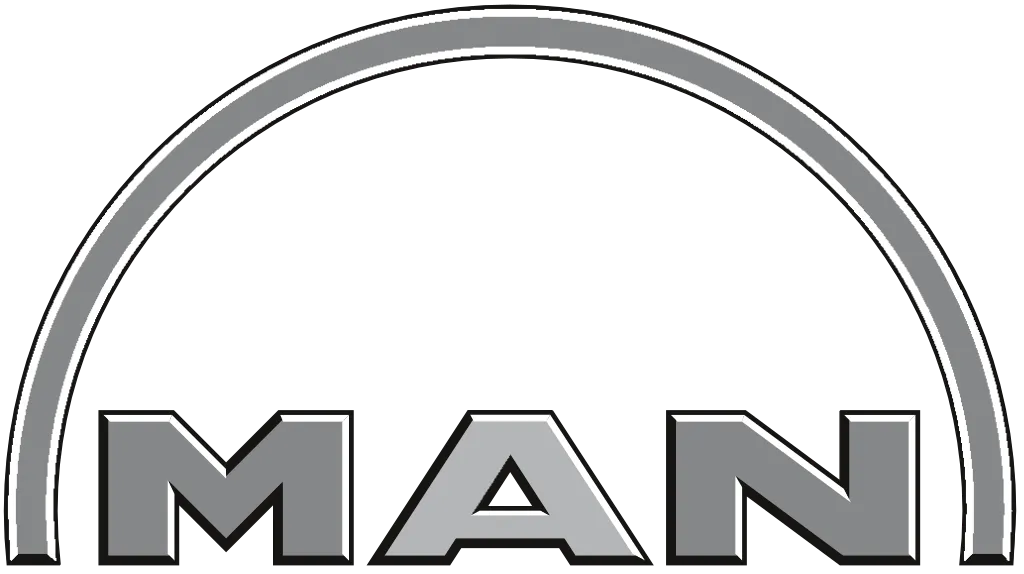
How Fuel Theft is Impacting Your Bottom Line
- David
- August 9, 2024
- 04 Mins read
How Fuel Theft is Impacting Your Bottom Line
All fleet operators know about the challenges of running a seamless operation. And one of the persistent issues that annoys them and gnaws at the profitability of any fleet is fuel theft. It’s not just an inconvenience; it’s a financial drain that can cripple the efficiency and trustworthiness of your transport business. Let’s dive into the financial implications of fuel theft and how you can safeguard your assets.
The Cost of Fuel Theft
Fuel theft directly translates to financial losses. This isn’t just about the cost of the stolen fuel but also the ripple effect it causes throughout your business operations. Here’s a breakdown of how fuel theft impacts your bottom line:
1. Direct Financial Losses
Every litre of diesel stolen is money right out of your pocket. With fuel prices consistently rising, even small thefts can add up to substantial amounts over time. Reports indicate that businesses can lose thousands of dollars annually due to fuel theft.
2. Operational Disruptions
Fuel theft often leads to unexpected vehicle downtime. When a driver finds their tank empty before a trip, it causes delays in deliveries and service disruptions. This not only affects your operational efficiency but can damage your reputation with clients.
3. Increased Maintenance Costs
Thieves often cause collateral damage to the vehicles while siphoning fuel. Damaged fuel caps, tanks, and other components add to your maintenance expenses.
4. Limited or No Recovery
Frequent fuel theft incidents are almost impossible to prevent. Insurers (to the best of our knowledge) won’t cover it and Police are rarely able to catch the offenders. There is almost an acceptance that fuel theft is acceptable.
Managing the Risks and Costs
1. Install Anti-Syphon Devices
Advanced anti-syphon devices like Kockon are designed to prevent unauthorized access to fuel tanks. They are easy to install and provide a formidable barrier against theft.
2. Monitor Fuel Consumption
Use your fuel management systems to keep track of fuel usage. This helps in identifying any unusual consumption patterns that might indicate theft.
3. Conduct Regular Audits
Regularly auditing your fuel usage and inventory can help catch discrepancies early on. Keeping a close eye on fuel logs and receipts ensures that any theft is quickly identified.
4. Secure Parking Areas
Ensure that vehicles are parked in well-lit, secure areas with surveillance cameras. This acts as a deterrent to potential thieves and helps in monitoring any suspicious activity.
5. Educate Your Team
Train your drivers and staff to recognize signs of fuel theft and report suspicious activities. Awareness and vigilance are key components in preventing theft.
6. Adjust the Schedule
Where possible, use alternating locations for rest stops, breaks and parking. If your trucks are not in the same place all the time, chances are they pick on someone else.
Alternatives
Fuellox Antisyphon devices install seamlessly to your trucks and prevent access to the tank. Even if a cap can be removed, the fuel can never be taken and device is not easliy removed from the tank.
See how Colin from CCA Transport reduced his persistent fuel theft probelm to zero using our range of devices.
Meet Colin from CCA Transport
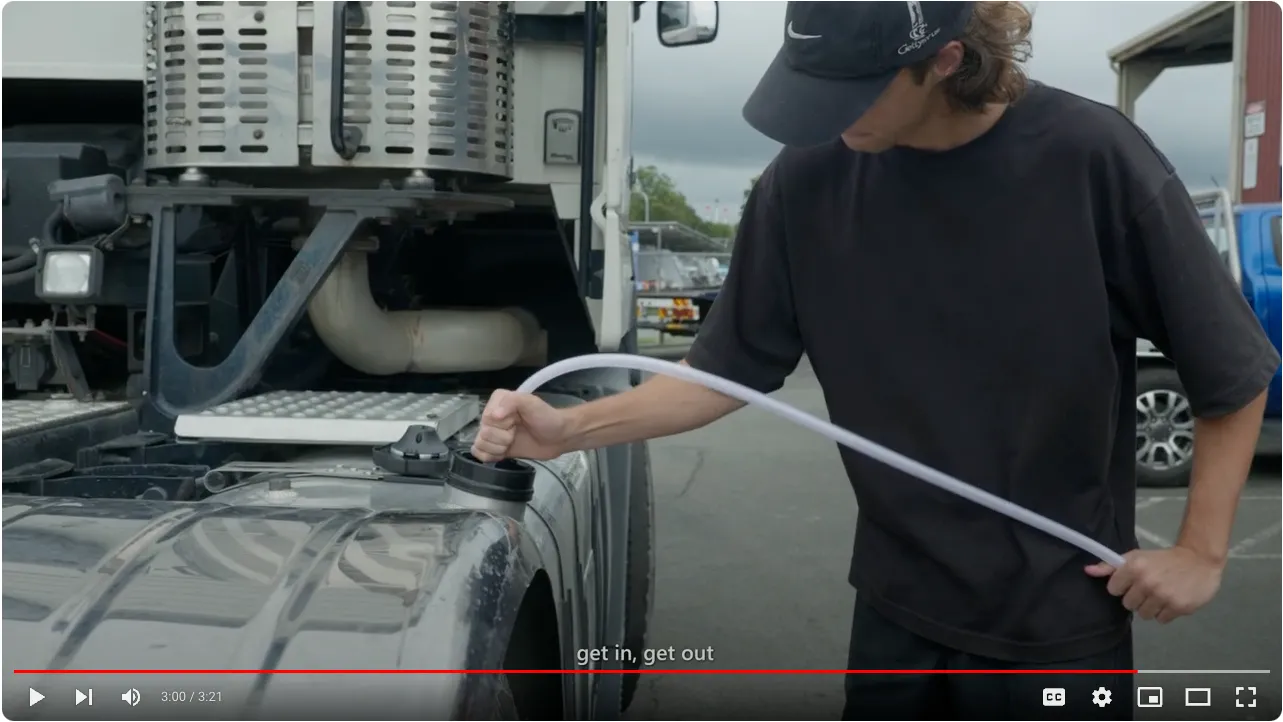
Are you at risk of Fuel Theft?
Complete our quantitative risk assessment to learn if your business is at risk of Fuel Theft. You will receive a risk rating and a guide of how to minimise risk and commercial loss.
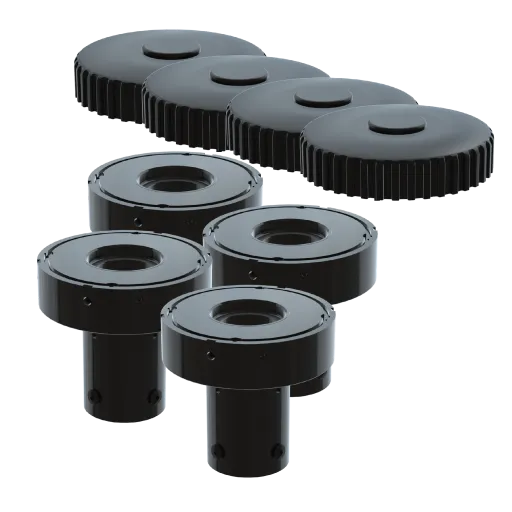

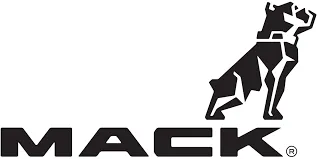


![Hilton Tanks [AU]](/_astro/hilton-manufacturing.BgHEErqL_23aw3Y.webp)
